Spay/neuter clinic provides foundation for healing
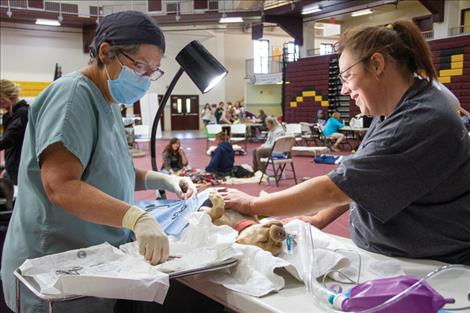
Summer Goddard
Spay Montana veterinarian Nancy Belk spays a young female dog named Cautious while ARC volunteer Brianna Walker assists. Belk also took the opportunity to correct a herniated umbilical cord.
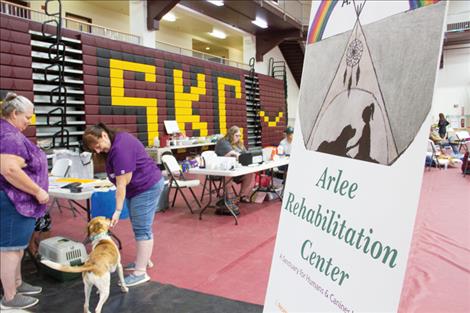
Summer Goddard
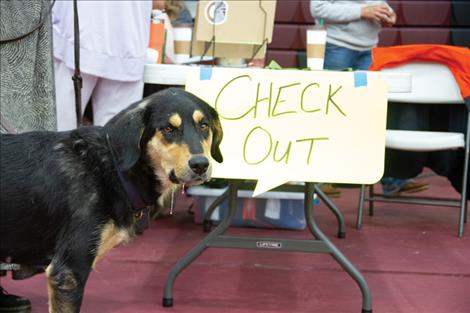
Summer Goddard
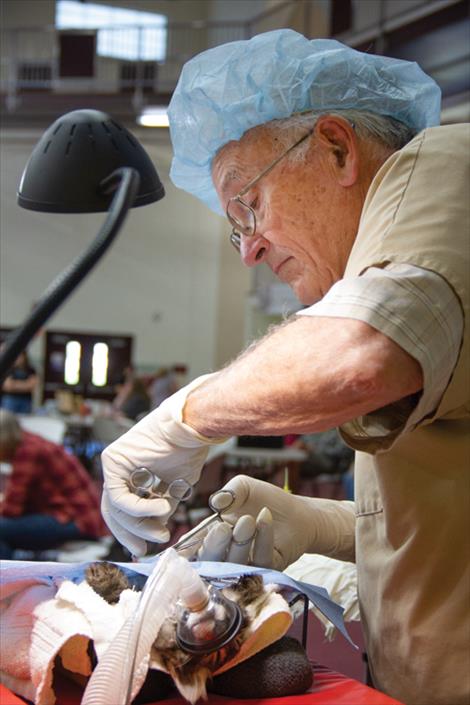
Summer Goddard
Bob Cornelius, DVM, spays six week old kitten “Cauldron” and “Broomstick” who were discovered under a home someone recently moved into. Left: after being spayed, “Kya,” patiently waits with her owner in the check out line.
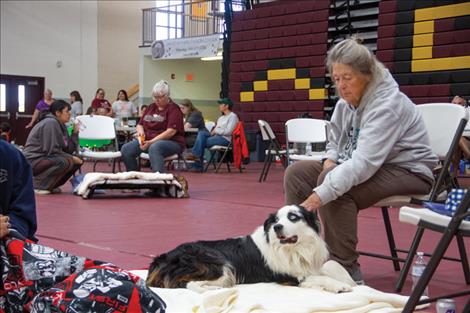
Summer Goddard
Issue Date: 9/13/2023
Last Updated: 9/13/2023 10:40:09 PM |
By
Summer Goddard
Keep Reading!
You’ve reached the limit of 3 free articles - but don’t let that stop you.















